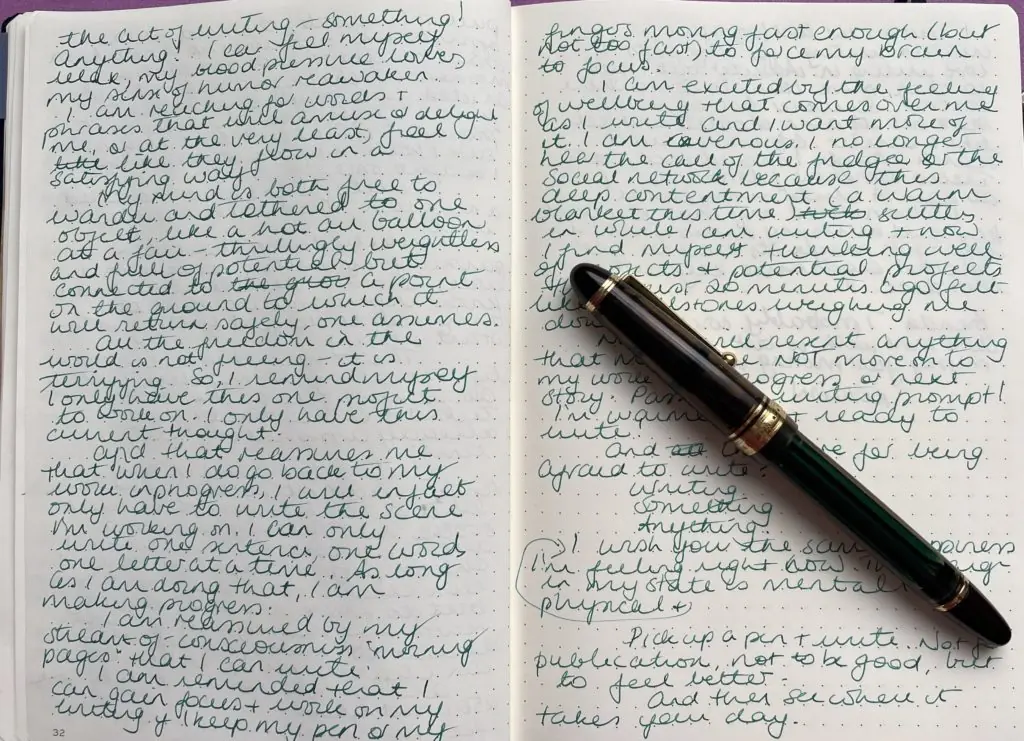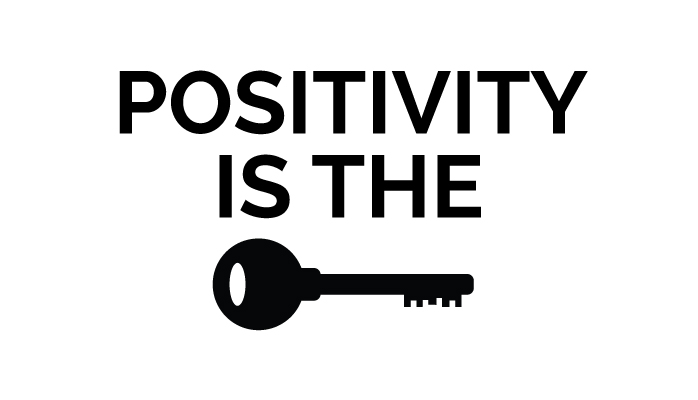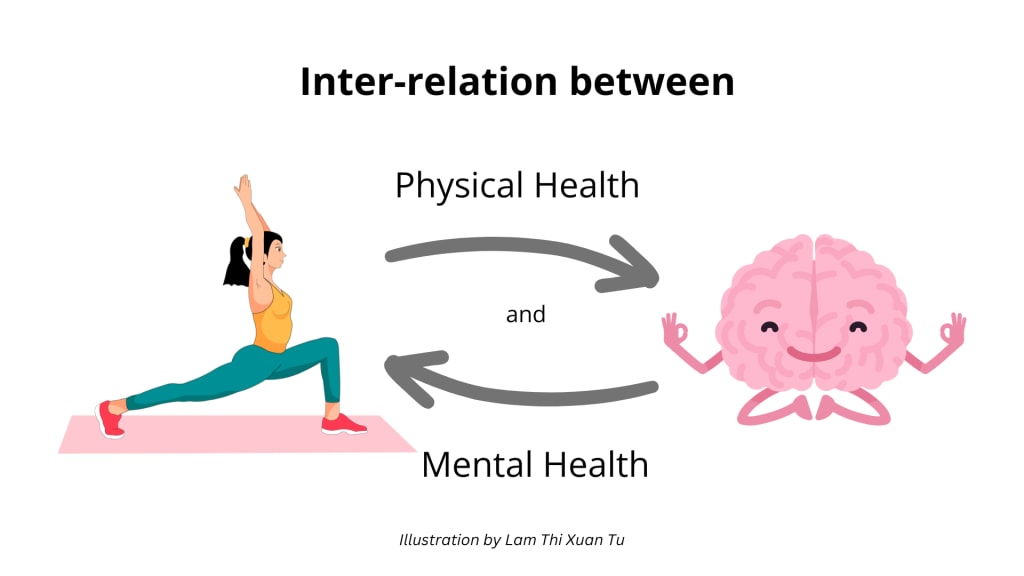Understanding Intrapersonal Intelligence.
Intrapersonal intelligence involves a deep understanding of oneself, encompassing the ability to recognize and regulate one's emotions, thoughts, and behaviors. This form of intelligence is crucial for personal development, as it fosters self-awareness and emotional resilience. Individuals with high intrapersonal intelligence are adept at self-reflection, which enables them to navigate life's challenges more effectively.

Interactive Reflection:
Take a moment to consider: How well do you understand your own emotional responses and thought patterns? Are there areas where you feel you could improve your self-awareness?
The Power of Habit in Self-Improvement.
Habits are the building blocks of our daily lives, significantly influencing our actions and decisions. Consistent small actions, when repeated over time, solidify into habits that shape our character and behavior. Understanding the science of habit formation can empower you to cultivate positive routines that promote self-growth. Research indicates that deliberate and consistent practice of specific behaviors leads to their automatic integration into our daily lives.

Question for Consideration:
Reflect on your current routines: Which habits contribute positively to your life, and which ones hinder your personal growth?
The Daily Three: 3 Core Habits to Enhance Intrapersonal Intelligence.
To develop intrapersonal intelligence, incorporating the following three practices into your daily routine can be transformative:
a. Morning Pages

Morning Pages is a practice introduced by Julia Cameron in "The Artist's Way," involving writing three pages of stream-of-consciousness thoughts each morning. This exercise serves as a mental decluttering tool, allowing you to process emotions and clear your mind. Practitioners often experience increased creativity and reduced anxiety.
How to Practice:
- Write three pages of longhand, stream-of-consciousness writing every morning.
- Do not censor or edit your thoughts; let them flow freely.
- This is for your eyes only, so there's no need to worry about grammar or structure.
If you’d like to read in more detail about this fascinating tool: Read More Morning Pages - Julia Cameron.pdf
b. Mindfulness Meditation

Mindfulness meditation involves focusing your attention on the present moment, typically through breath awareness. This practice enhances self-awareness and emotional regulation, contributing to improved intrapersonal intelligence. Regular meditation has been linked to better concentration and a greater sense of calm.
How to Practice:
- Set aside 5–10 minutes daily in a quiet space.
- Focus on your breath, observing each inhale and exhale.
- When your mind wanders, gently bring your focus back to your breath.
c. Physical Movement
Engaging in regular physical activity not only benefits physical health but also enhances mental well-being. Exercise has been shown to improve mood, reduce stress, and increase creativity. Incorporating movement into your daily routine can lead to greater self-awareness and emotional balance.
How to Practice:
- Choose an activity you enjoy, such as walking, dancing, or yoga.
- Aim for at least 20 minutes of movement each day.
- Use this time to connect with your body and observe how movement affects your mood.
Implementing the Daily Three
Integrating these practices into your life requires intentionality and commitment. Here's a step-by-step guide to help you get started:
- Start Small: Begin with one practice, dedicating a few minutes each day, and gradually increase the duration as it becomes a habit.
- Set Clear Intentions: Understand why each practice is important to you and how it aligns with your personal growth goals.
- Create a Routine: Incorporate these practices into your daily schedule at consistent times to build consistency.
- Overcome Challenges: Acknowledge that forming new habits can be challenging. If you miss a day, be compassionate with yourself and recommit the next day.
- Track Progress: Keep a simple log of your practices to monitor your consistency and reflect on any changes you observe in your self-awareness and emotional well-being.
Reflective Question:
What potential obstacles might you face in adopting these practices, and how can you plan to overcome them?
share with

Mesha M. Founder
"Explore a world of inspiration and empowerment at RealtimeArticles. Dive into our curated articles for insights, reflection, and shared growth. Join our community on a journey of discovery and evolution!"









Comments
Coming Soon!
POST YOUR COMMENTS